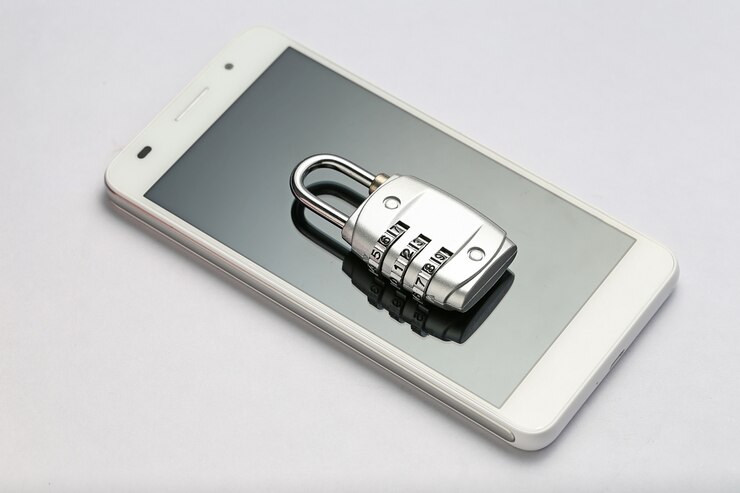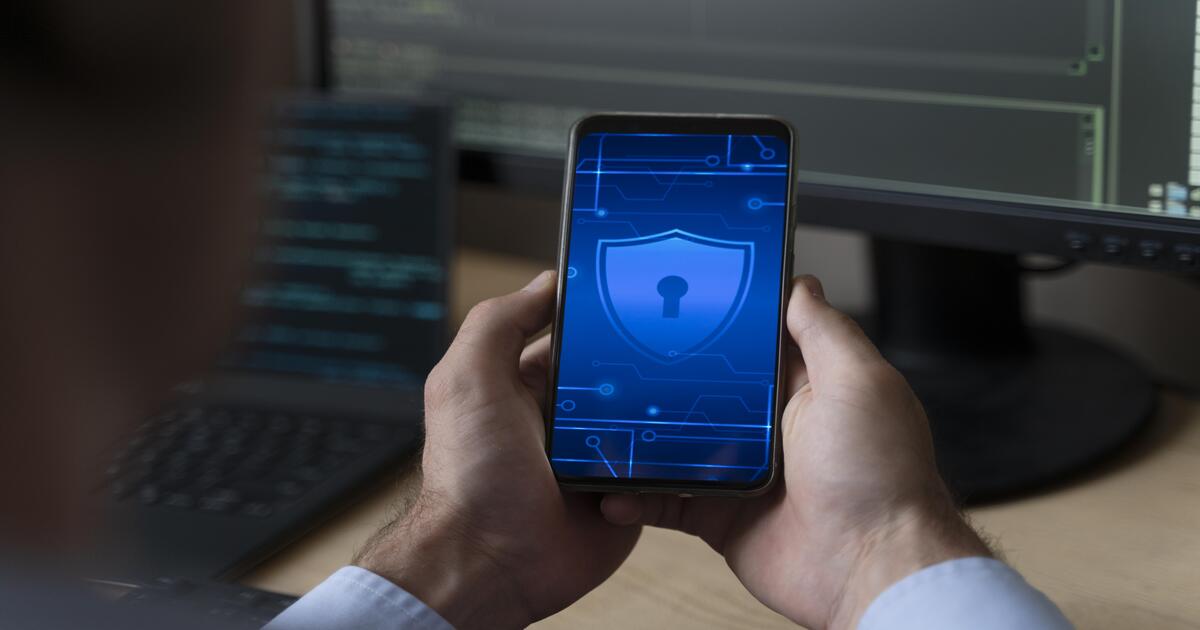Protecting your cell phone
Have you ever stopped to think about the amount of personal information stored on your phone? Pictures from unforgettable vacations, messages exchanged with friends and family, apps that make your daily life easier – all of this is stored on a small device that, unfortunately, is not immune to cyber threats. To ensure your information stays secure and your privacy is preserved, here are 10 foolproof tips to protect your phone against viruses and hackers.
1. Keep Your System Updated
Nothing is more effective in protecting against digital threats than keeping your phone’s operating system up to date. Frequent updates usually include security fixes that prevent hackers from exploiting vulnerabilities. So, whenever you receive a notification to update your system, don’t hesitate – do it immediately!
2. Install a Reliable Antivirus
Just like your computer, your phone also needs reliable antivirus software. There are several options available on the market, many of them free, that can protect your device against malware, spyware, and other virtual threats. Choose an antivirus with good reviews and update it regularly to maintain its effectiveness.
3. Be Cautious with Apps from Untrusted Sources
The world of apps is vast and tempting, but not all apps are equally secure. Avoid downloading apps from untrusted sources, always opting for the official store of your operating system. Third-party apps may contain malware that compromises your phone’s security.
4. Use Strong Passwords and Two-Factor Authentication
Secure access to your phone by using strong passwords and enabling two-factor authentication whenever possible. These additional measures significantly complicate unauthorized access to your device, providing an extra layer of security.
5. Be Wary of Public Wi-Fi Networks
Public Wi-Fi networks are very convenient but can also be dangerous. Refrain from engaging in financial transactions or accessing confidential data while connected to public Wi-Fi networks. If you need to do something more sensitive, use a Virtual Private Network (VPN) to protect your data.

6. Back Up Regularly
Do not underestimate the importance of regularly backing up your phone’s data. In the event of a malware attack or a situation of physical loss of the device, an up-to-date backup ensures that your important information is not lost forever.
7. Enable Remote Location Feature
Losing your phone is a frustrating situation, but you can minimize the damage by enabling the remote location feature. Both Android and iOS offer tools to track and lock your device remotely, ensuring that your information stays in your hands even if the phone isn’t.
8. Review App Permissions
Many apps request extensive permissions that are not always necessary for their basic operation. Regularly review the permissions granted to installed apps and restrict unnecessary access to personal data.
9. Avoid Clicking on Suspicious Links
Whether in text messages, emails, or on social media, avoid clicking on suspicious links. Many cyber scams start with the installation of malware through deceptive links. Stay alert and only click on links from trusted sources.
10. Be Skeptical of Suspicious Calls and Messages
Hackers often use phishing techniques through phone calls or messages to obtain confidential information. Be skeptical of unexpected communications and be wary of requests for personal or financial information.
11. Pay Attention to App Updates
Just like the operating system, apps also need regular updates. Developers release updates to fix security flaws and improve performance. So, don’t ignore app update notifications and keep all your apps in the latest version.
12. Use Encrypted Storage
Some devices offer the option to encrypt internal storage. This measure adds an extra layer of security, making it harder for hackers to access your data even if they physically possess the device.
13. Be Aware of Social Engineering
Social engineering is a common tactic among hackers, where they try to manipulate people to obtain confidential information. Be aware of phishing schemes, fraudulent calls, and deceptive messages. Never share sensitive information without verifying the authenticity of the request.

14. Utilize Facial Recognition and Fingerprint Technology
Features like facial recognition and fingerprint scanning offer secure methods of authentication. Enable these options on your device to ensure that only you have access to your phone, adding an additional layer of biometric security.
15. Regularly Clean Your Device
Digital clutter is not only frustrating but can also pose a security threat. Regularly remove unused apps, clean temporary files, and manage your device’s storage. An organized device is less prone to vulnerabilities.
16. Have a Different Password Policy
Avoid using the same password for all your online services. If a password is jeopardized, it won’t impact the security of your other accounts. Consider using a password manager to create and securely store robust passwords.
17. Watch for Signs of Abnormal Behavior
Stay alert to signs of abnormal behavior on your phone, such as rapidly draining battery, apps opening on their own, or suspicious activities. These could be indicators of malware infection.
18. Continuously Educate Yourself
Cybersecurity is a continuously changing field. Stay updated with security blogs, tech news, and educational resources to understand emerging threats and best protection practices.
Ensuring the Security of Your Digital World
Protecting your phone against viruses and hackers is not just a necessity but a responsibility we all have in the digital age. With threats increasing in complexity, following these 18 tips will ensure you stay one step ahead of cybercriminals.
Remember, security is a journey, not a destination. By implementing these practices, you not only safeguard your information but also contribute to building a safer online environment for everyone.
Did you like this topic? See more content about: Smartphones
SOURCE: Zdnet





